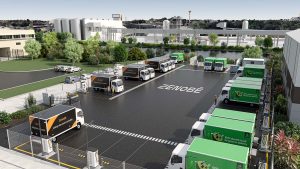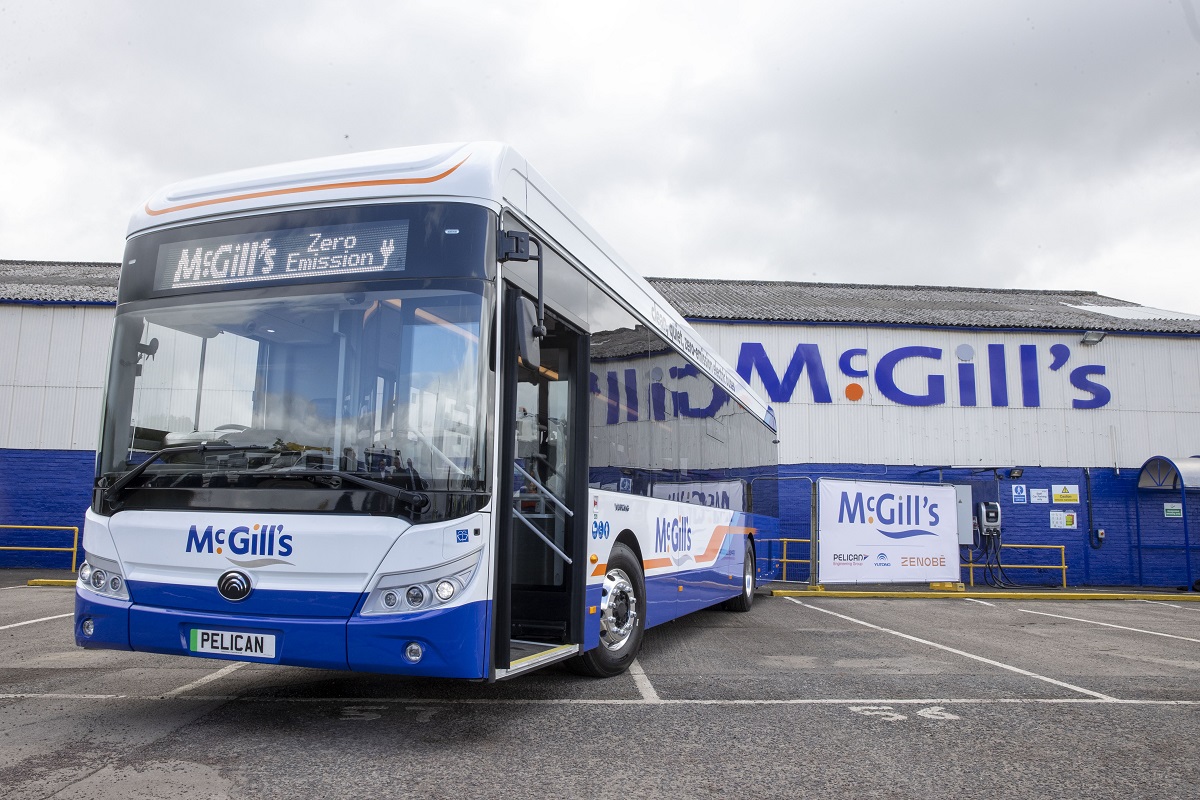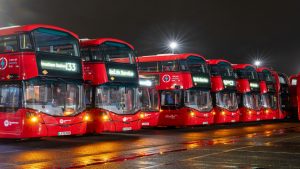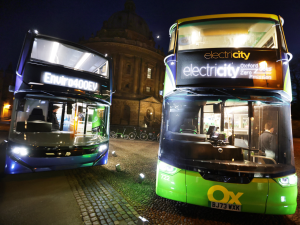
Woolworths, Zenobē Australia
Find out how Zenobē’s latest project has catalysed electric vehicle charging in Mascot, Sydney, not only for a grocery brand but also businesses in the logistics and fleet industries.

McGill’s, Scotland’s largest independent bus operator needed to electrify three depots with 68 e-buses before October 2021. This would allow the vehicles to enter into service ahead of Glasgow hosting the COP26 conference.
McGill’s had secured grant funding through SULEB 1 & 2, which provided 75% of the infrastructure and 75% of the difference between a diesel and an electric bus, but they required additional financing to fill the gaps.
On top of this, all three sites lacked sufficient grid capacity to effectively charge the e-buses, so they needed Zenobē to procure additional capacity across all three depots.
Having 13 live depots, many of which were built concurrently, Zenobē’s project managers are confident in managing multiple simultaneous builds whilst keeping to tight timelines. This project was no different.
To ensure sufficient power for the full fleet at go-live, Zenobē worked with multiple Distribution Network Operators (DNOs). We also worked with iDNOs to lower to cost of contestable works and speed up the process.
By financing the remaining CAPEX for McGill’s, we were are able to help them maximise the number of e-buses they could put into service, increasing their positive impact on local air quality.
tonnes CO2 saved from entering the atmosphere per year*
kg of NOx saved from entering the atmosphere per year*

Find out how Zenobē’s latest project has catalysed electric vehicle charging in Mascot, Sydney, not only for a grocery brand but also businesses in the logistics and fleet industries.

Zenobē partnered with Transport UK London Bus (TUKLB) to develop a funding model that has enabled TUKLB to become one of the leading operators of fully electric buses in London.

Zenobē partnered with Oxford Bus Company to design and deliver the charging infrastructure and also act as the operator’s long-term battery management partner.
Get the latest insights on how energy and transport sectors are moving to net zero.

Pete leads Zenobē’s growing team of Product specialists across all areas of the business. His team oversee our R&D as well as product development in both hardware and software.
He has been working in the European E-Mobility sector from over ten years, specialising in the design, build and delivery of software systems for EV Charging.